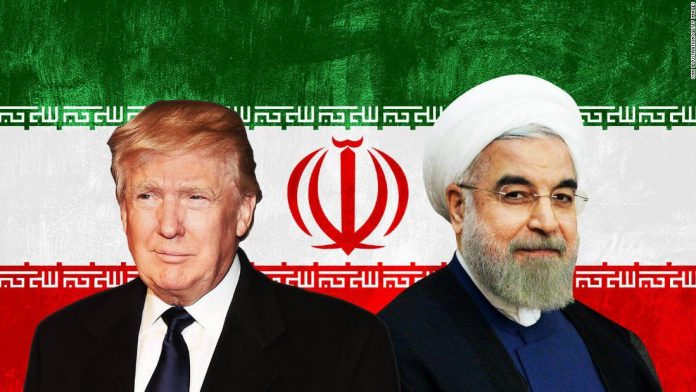DUBAI: Iran is studying ways to keep exporting oil and other measures to counter U.S. economic sanctions, state news agency IRNA reported on Saturday.
Since last month, when U.S. President Donald Trump pulled out of the nuclear which lifted most sanctions in 2015, the rial currency has dropped up to 40 per cent in value, prompting angry protests by bazaar traders usually loyal to the Islamist rulers.
Speaking after three days of protests, Supreme leader Ayatollah Ali Khamenei said the U.S. sanctions were aimed at turning Iranians against their government.
“They bring to bear economic pressure to separate the nation from the system … but six U.S. presidents before him (Trump) tried this and had to give up,” Khamenei said on his website Khamenei.ir.
With the return of U.S. sanctions likely to make it increasingly difficult to access the global financial system, President Hassan Rouhani has met with the head of parliament and the judiciary to discuss counter-measures.
“Various scenarios of threats to the Iranian economy by the U.S. government were examined and appropriate measures were taken to prepare for any probable U.S. sanctions, and to prevent their negative impact,” IRNA said.
One such measure was seeking self-sufficiency in gasoline production, the report added.
The government and parliament have also set up a committee to study potential buyers of oil and ways of repatriating the income after U.S. sanctions take effect, Fereydoun Hassanvand, head of the parliament’s energy committee, was quoted as saying by IRNA.
“Due to the possibility of U.S. sanctions against Iran, the committee will study the competence of buyers and how to obtain proceeds from the sale of oil, safe sale alternatives which are consistent with international law and do not lead to corruption and profiteering,” Hassanvand said.
The United States has told allies to cut all imports of Iranian oil from November, a senior State Department official said on Tuesday.
Khamenei said the United States was acting together with Sunni Muslim Gulf Arab states that regard Shi’ite Muslim Iran as their main regional foe of trying to destabilize the government in Tehran.
“If America was able to act against Iran, it would not need to form coalitions with notorious and reactionary states in the region and ask their help in fomenting unrest and instability,” Khamenei told graduating Revolutionary Guards officers, in remarks carried by state TV.




